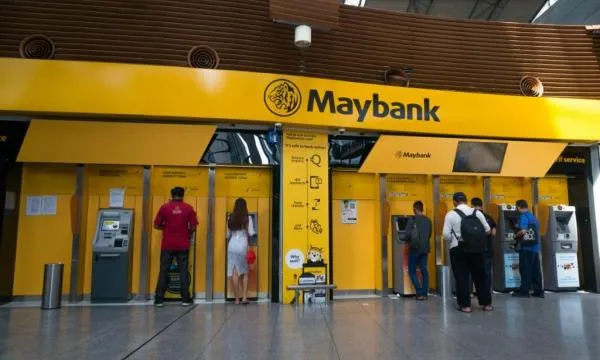
Will property stress erode Malaysian banks' strong capital positions?
Residential supply imbalance raises risk to asset quality.
The Malaysian banking sector remains on stable financial footing to withstand sudden market shocks, according to UOB Kay Hian, even as the central bank flagged growing areas of concern particularly in the real estate industry.
Also read: Cautious corporates could drag Malaysian bank lending to 6% in 2018
Sound underwriting practices by the country’s lenders have kept gross impaired loan (GIL) ratios stable at 1.1% despite growing pressure from residential supply imbalance, noted Keith Wee Teck Keong, analyst at UOB.
Also read: Outdated property rules may bite Malaysia's Islamic banks
The risk is compounded by higher indebtedness in the civil servant lending space where debt service ratio (DSR) is significantly higher at 52% vs 32% for the overall banking sector.
Civil servant debts currently contribute around 20% of the system’s total household debts but largely reside within non-bank financials in the form of personal loans.
Despite growing risks, the banks’ strong capital positions will enable them to power through sudden economic downturns as evidenced by a stress test laid out by the central bank. Under a situation where banks are hit in the consumer lending portfolio, total losses are estimated to hit $15.71b (RM65.1b) which is still significantly lower than the sector’s excess capital buffers of $33.31b (RM138.0b).
“The recent 2Q18 results indicated a rather challenging revenue growth environment with most banks having to meet profit targets via stringent operating cost controls and lower provisions via loan recoveries,” added Keong. “That said, capital ratios remain healthy and asset qualities were largely intact and this helped keep a lid on overall provisions.”
Here’s more from UOB Kay Hian:
Provisions remain benign as economic cycle remains stable for now. Despite the
implementation of FRS9, banks’ 1H18 provisions remain relatively benign as the overall economic cycle has remained fairly stable. BNM alluded that different banks continue to be given flexibility in exercising their own judgment in modelling provision requirements under the FRS9, giving rise to potentially large variations between individual banks’ FRS9 provisioning models. More importantly, BNM indicated that if economic cycles were to worsen, it acknowledged that the pro-cyclical nature of FRS9 provision models could lead to a spike in provisions as loans within the stage 2 bucket will increase. This has prompted BNM to retain its conservative policy for banks to continue building up its regulatory reserves post FRS9 implementation. To recap, overall sector net credit cost has remained rather benign, averaging 27bp in 2Q18 (1Q18: 27bp, 2017: 32bp), as the likes of Public Bank, Hong Leong Bank, RHBBank, AMMB and BIMB continued to report lower-than-expected net credit costs on the back of strong recoveries and stable asset quality trends leading to lower expected stage 1 and 2 loss provisioning
Unlikely to loosen property lending guidelines drastically. Despite calls for banks to relax residential property lending guidelines for 1st time home buyers, BNM believes that its existing lending guidelines based on its responsible financing guidelines remains relevant and it does not advocate a loosening of its current lending standards even for first time home buyers. It will however consider setting up a fund similar to the SME credit guarantee scheme with an initial allocation of up to RM1b to help subsidise the interest payments for houses priced below a certain threshold and for borrowers with incomes below a certain threshold. Both are expected to be set relatively low thresholds levels. This is unlikely to have a material impact on overall residential loans growth as the potential RM1.0b allocation represents less than 0.2% of the overall banking system’s residential property loans and 2% of the current residential property annual loans growth.



















 Advertise
Advertise










